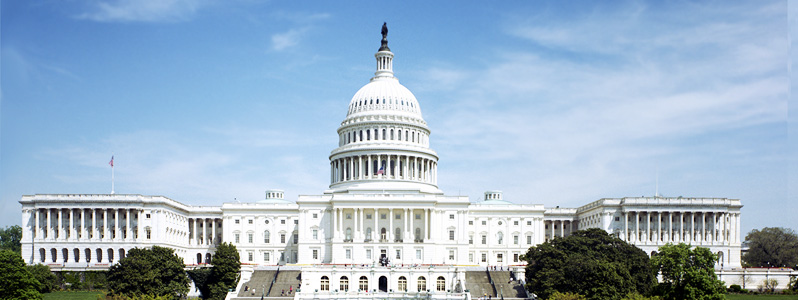House Hearing Witnesses Stress Privacy Protections for Student Data While Ensuring Researchers Maintain Access

An education subcommittee in the U.S. House of Representatives held a hearing June 28 on “Exploring Opportunities to Strengthen Education Research While Protecting Student Privacy.” Throughout the hearing, hosted by the House Education and the Workforce Committee’s Subcommittee on Early Childhood, Elementary, and Secondary Education, witnesses stressed the need to maintain a balance between safeguarding sensitive student data and allowing researchers access to information that evaluates performance and determines best practices.
Anonymizing the data in order to maintain student privacy was a top concern for the panelists, but Nathaniel Schwartz from the Tennessee Education Department noted that guidelines outlining proper procedures for doing so are lacking at the federal level, leaving states and districts to determine how best to handle the data.
Another panelist, Grover Whitehurst of the Brookings Institution, discussed the role of the Institute of Education Sciences (IES) and the need for Congress to provide additional funding and ensure that it operates as independently as possible from outside influences. While reflecting on current fiscal restraints, Whitehurst pointed to the success of the “What Works Clearinghouse” as an example of the how IES is working to improve best education practices throughout the country in order to improve student outcomes.
As members of the committee deliberated solutions to the concerns raised during the hearing, several expressed the desire to continue this work in a bipartisan manner as they assess the current state of education privacy laws. Other members appeared eager to reauthorize the Family Educational Rights and Privacy Act (FERPA), a law that has been amended nine times since its passage in 1974.

Seeking to address privacy concerns arising from the use of video recordings for teacher preparation in PK-12 classrooms, last year an Information Privacy Task Force convened by AACTE released a set of principles for ensuring proper collection, usage, and safeguarding of the information. For additional information and resources on the task force’s recommendations for policy makers, parents, and other stakeholders, please visit AACTE’s Resource Library.
Tags: data, federal issues






